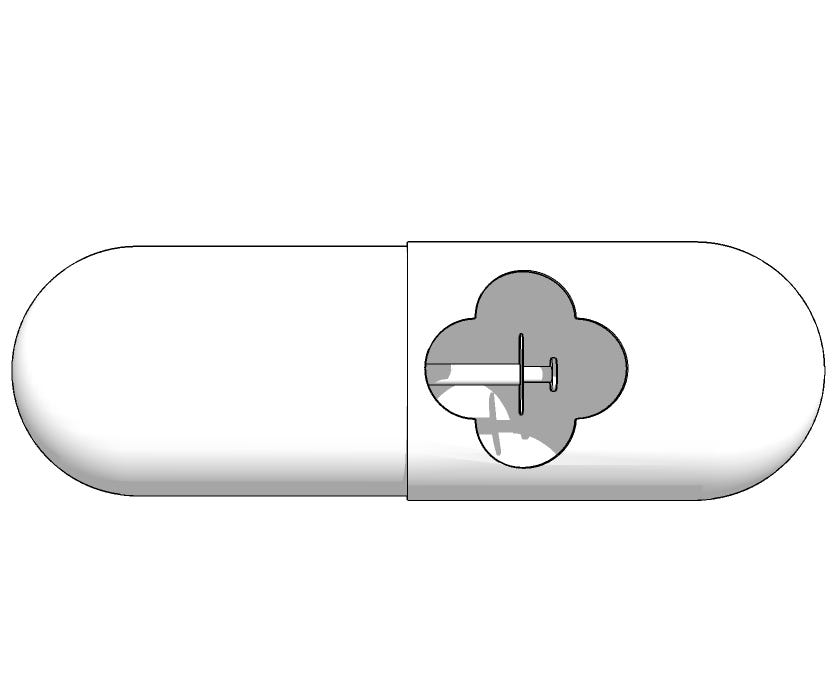way 2 go
Well-known member
In particular, molnupiravir might create new variants of SARS-CoV-2 that evade immunity and prolong the pandemic.
The problem with molnupiravir lies in its mechanism of action. Unlike any previous antiviral drug, molnupiravir does only one thing: It introduces mutations into the viral genome. We are already familiar with the fact that viruses naturally mutate to evade immunity; the many mutations of the spike protein in omicron, for example, allow it to evade the antibodies created by prior infections or vaccines. Molnupiravir relies on inducing even more mutations so that eventually the virus’s proteins are damaged beyond function. That molnupiravir can mutate SARS-CoV-2 to death has been demonstrated in the controlled conditions of a petri dish and lab animal cages, leading Merck to test it in covid-19 patients in clinical trials.

The problem with molnupiravir lies in its mechanism of action. Unlike any previous antiviral drug, molnupiravir does only one thing: It introduces mutations into the viral genome. We are already familiar with the fact that viruses naturally mutate to evade immunity; the many mutations of the spike protein in omicron, for example, allow it to evade the antibodies created by prior infections or vaccines. Molnupiravir relies on inducing even more mutations so that eventually the virus’s proteins are damaged beyond function. That molnupiravir can mutate SARS-CoV-2 to death has been demonstrated in the controlled conditions of a petri dish and lab animal cages, leading Merck to test it in covid-19 patients in clinical trials.



